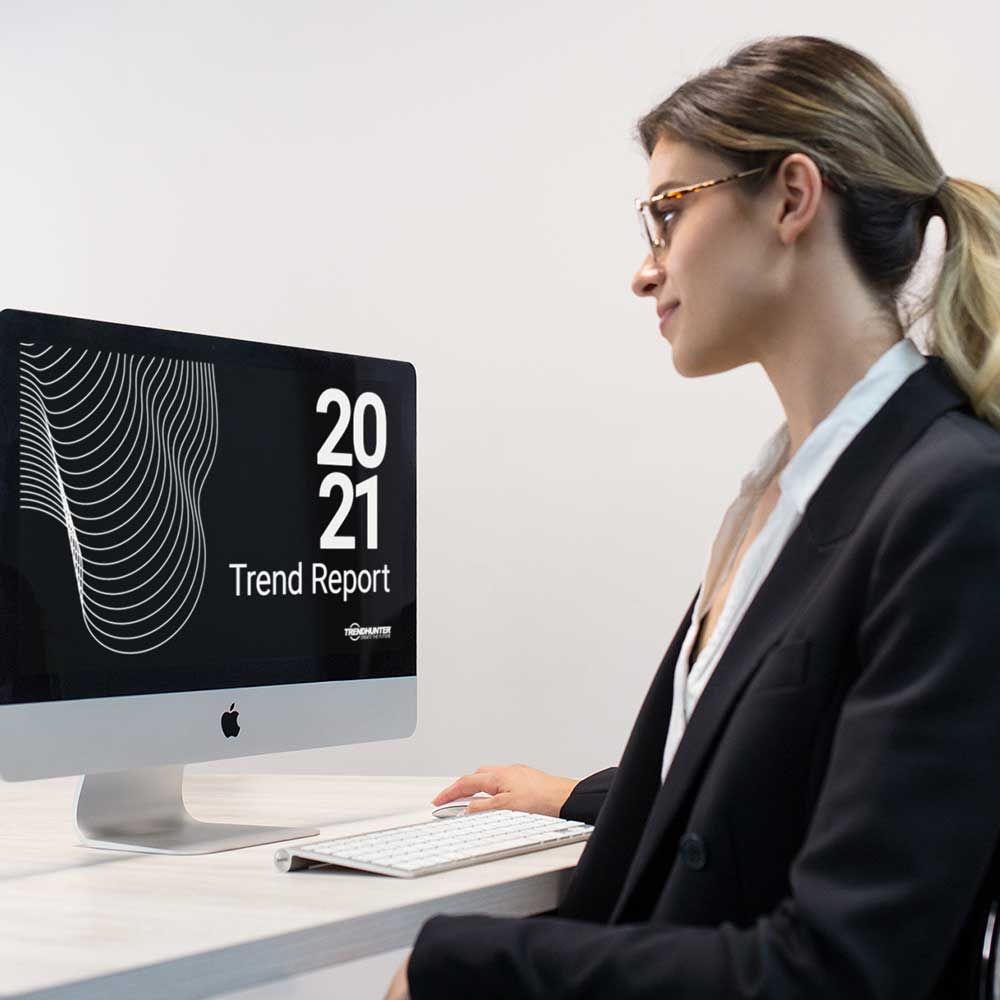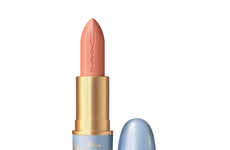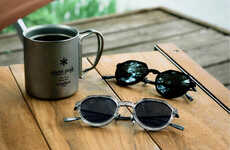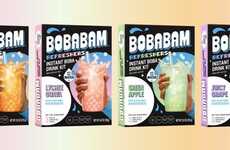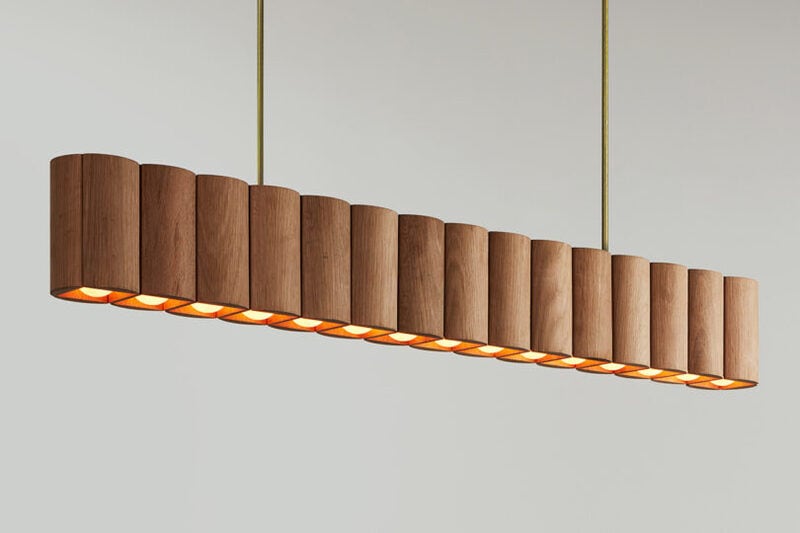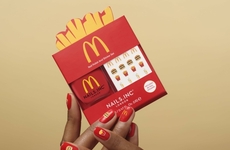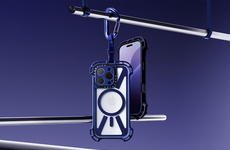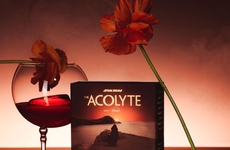
Stickbulb Introduces the Pillar Collection of Lighting
Amy Duong — July 9, 2024 — Art & Design
References: redirect.viglink & design-milk
Stickbulb continues to work toward a more sustainable goal with the Pillar Collection as most of the designs focus on a softer structure. The new range breaches away from the usual angular forms and was unveiled at ICFF using wood waste that is collected from New York City's urban forests, which is where the studio is based. It is comprised of standard and custom sconce, ceiling mount, pendant, and chandelier.
Co-founder and creative director at Stickbulb, Russell Greenberg speaks about the design, stating “Even though Stickbulb is a lighting company, we take wood waste personally. Pillar is our newest way to celebrate, elevate, and shed light on this beautiful, storied material and an opportunity to reimagine product design as a catalyst for positive system change."
Image Credit: Stickbulb
Co-founder and creative director at Stickbulb, Russell Greenberg speaks about the design, stating “Even though Stickbulb is a lighting company, we take wood waste personally. Pillar is our newest way to celebrate, elevate, and shed light on this beautiful, storied material and an opportunity to reimagine product design as a catalyst for positive system change."
Image Credit: Stickbulb
Trend Themes
1. Sustainable Lighting - Renewable materials like wood waste are becoming pivotal in creating eco-friendly lighting solutions.
2. Soft-structured Designs - Transitioning away from traditional angular forms towards softer, more fluid lighting designs offers aesthetic versatility.
3. Urban Forest Recycling - Harnessing wood waste from urban forests demonstrates innovative recycling practices in product development.
Industry Implications
1. Interior Design - The integration of sustainable and visually appealing lighting designs caters to modern eco-conscious interiors.
2. Architectural Lighting - Advanced design techniques using recycled materials redefine possibilities for architectural lighting solutions.
3. Green Manufacturing - Efficiently repurposing urban wood waste into high-end consumer products showcases sustainable manufacturing advancements.
4.3
Score
Popularity
Activity
Freshness
